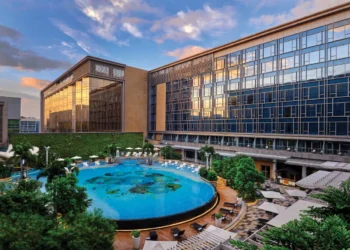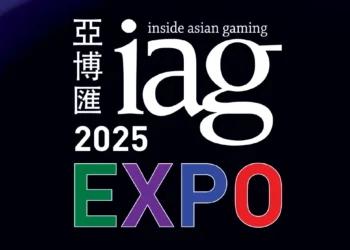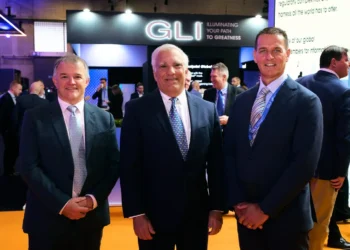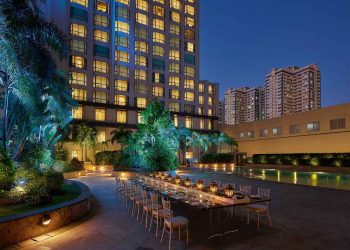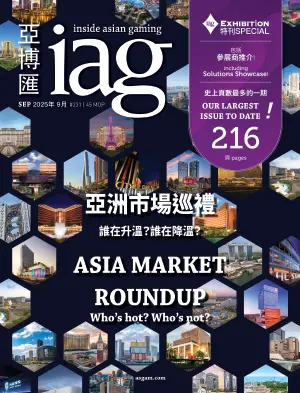Fitch Ratings likes the gaming industry’s prospects in the Philippines, forecasting that the island nation’s global market share could grow from an estimated 3.3% currently to 5% in the next three to five years.
Continued development of Entertainment City, a government-sponsored resort district on Manila Bay in the capital city, will be a key, along with “robust domestic demand,” the country’s positioning as a “low-cost tourist destination,” and increases in remittances generated by Filipinos working abroad, the debt ratings agency says.
“[The growth] will be driven by the absence of a regulatory clampdown on gaming by its citizens, growing tourist arrivals—a 12.1% increase during 2010 to 2012—and the rising number of [integrated resorts] in the country.”
Fitch pegs Philippine gross gaming revenues at around US$1.4 billion currently and projects a 12% annual rate of growth through 2020 to more than $3.3 billion.
There are obstacles, however, a significant one being a change mandated last year in how the industry will be treated for tax purposes by the Bureau of Internal Revenue. Fitch believes the gaming sector already is “heavily taxed,” citing the 15% levy on VIP gaming revenue and the 25% imposed on mass-market. The BIR ruled last year that the industry must also pay the country’s 30% corporate income tax. Fitch is optimistic, nonetheless, saying, “The Philippines’ low-cost environment compared with other gaming destinations like Macau, Singapore, and Australia counterbalance the high taxes.”
The government to date has approved four licenses for destination-scale casino hotels at Entertainment City, each representing multibillion-dollar investment by some of the country’s most prominent businesses.
The first, the $750 million Solaire, owned by Bloomberry Resorts, which is controlled by ports tycoon Enrique Razon, opened last March, and this summer will see the debut of City of Dreams Manila, a joint venture between Macau’s Melco Crown Entertainment and Belle Corp., a subsidiary of Philippine retail and real estate giant SM Investments.
A Philippine subsidiary of Universal Entertainment, the Tokyo-based machine gaming manufacturer controlled by Japanese billionaire Kazuo Okada, has secured a couple of major local property and infrastructure developers as partners for his complex, called Manila Bay Resorts.
The fourth licensee is Travellers International Hotel Group, a joint venture between Genting Hong Kong and Alliance Global, a Philippine company with extensive holdings in travel, lodging, food and beverage and commercial property. Travellers owns the country’s largest and most lucrative casino, Resorts World Manila, located near the city’s international airport.












